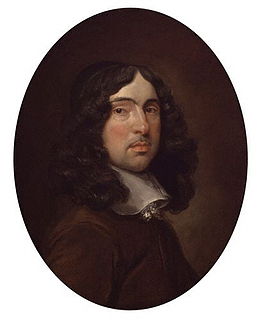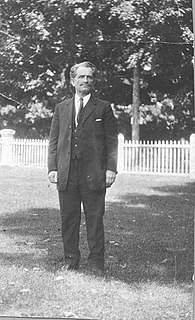A Quote by Kenneth E. Boulding
Are we to regard the world of nature simply as a storehouse to be robbed for the immediate benefit of man? ... Does man have any responsibility for the preservation of a decent balance in nature, for the preservation of rare species, or even for the indefinite continuance of his race?
Related Quotes
Nature is man's inorganic body -- that is to say, nature insofar as it is not the human body. Man lives from nature -- i.e., nature is his body -- and he must maintain a continuing dialogue with it is he is not to die. To say that man's physical and mental life is linked to nature simply means that nature is linked to itself, for man is a part of nature.
Man wants to see nature and evolution as separate from human activities. There is a natural world, and there is man. But man also belongs to the natural world. If he is a ferocious predator, that too is part of evolution. If cod and haddock and other species cannot survive because man kills them, something more adaptable will take their place. Nature, the ultimate pragmatist, doggedly searches for something that works. But as the cockroach demonstrates, what works best in nature does not always appeal to us.
Two ideas are psychologically deep-rooted in man: self-protection and self-preservation. For self-protection man has created God, on whom he depends for his own protection, safety and security, just as a child depends on its parent. For self-preservation man has conceived the idea of an immortal Soul or Atman, which will live eternally. In his ignorance, weakness, fear, and desire, man needs these two things to console himself. Hence he clings to them deeply and fanatically.
Our passions are the chief means of self-preservation; to try to destroy them is therefore as absurd as it is useless; this would be to overcome nature, to reshape God's handiwork. If God bade man annihilate the passions he has given him, God would bid him be and not be; He would contradict himself. He has never given such a foolish commandment, there is nothing like it written on the heart of man, and what God will have a man do, He does not leave to the words of another man. He speaks Himself; His words are written in the secret heart.
As a race, the African is inferior to the white man. Subordination to the white man is his normal condition. He is not his equal by nature and cannot be made so by human laws or human institutions. Our system, therefore, so far as regards this inferior race, rests upon this great immutable law of nature.
Owing to this struggle for life, any variation, however slight and from whatever cause proceeding, if it be in any degree profitable to an individual of any species, in its infinitely complex relationship to other organic beings and to external nature, will tend to the preservation of that individual, and will generally be inherited by its offspring.
He is not the soul of Nature, nor any part of Nature. He inhabits eternity: He dwells in a high and holy place: heaven is His throne, not his vehicle, earth is his footstool, not his vesture. One day he will dismantle both and make a new heaven and earth. He is not to be identified even with the 'divine spark' in man. He is 'God and not man.




































